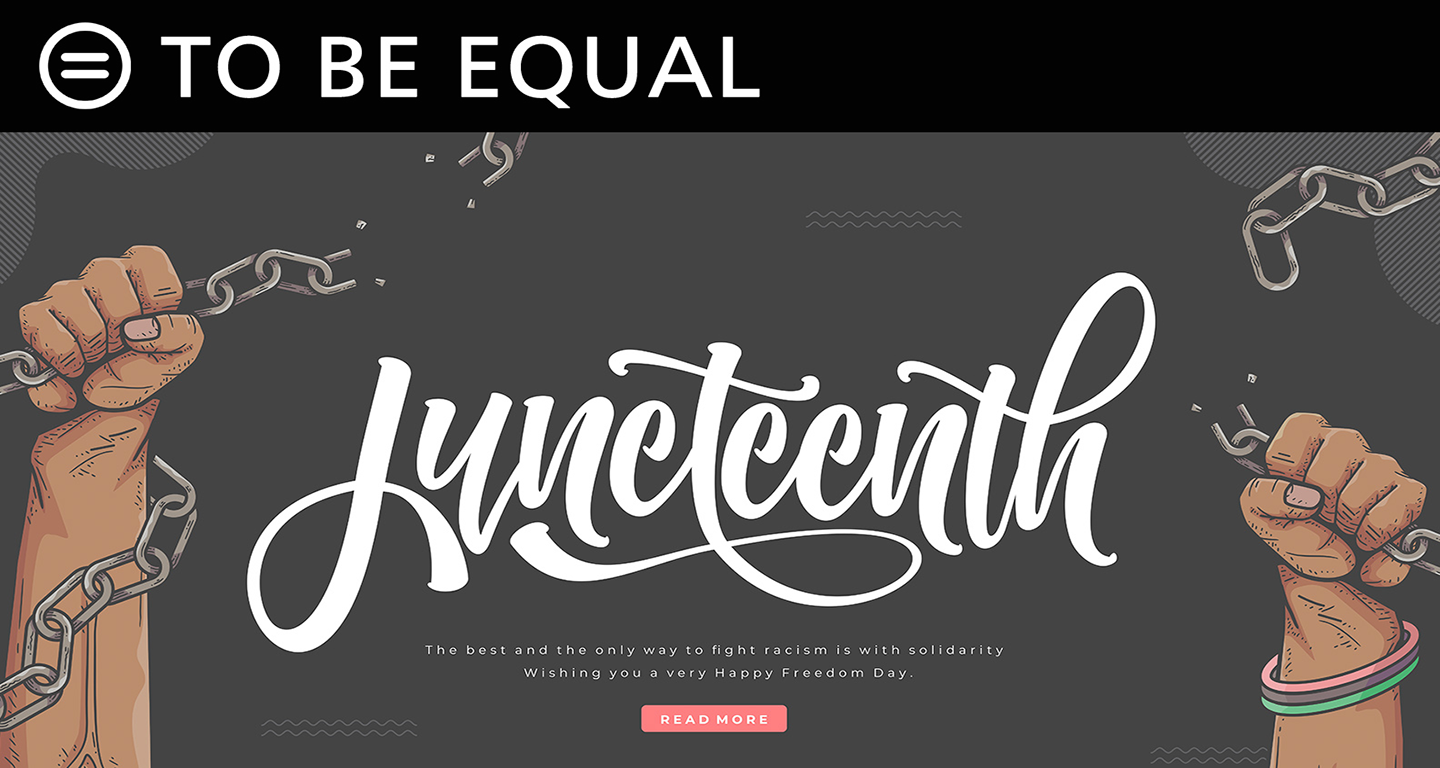Juneteenth Is An Opportunity To Confront The Nation's “Hard History”

Marc H. Morial
President and CEO
National Urban League
“Slavery is hard history. It is hard to comprehend the inhumanity that defined it. It is hard to discuss the violence that sustained it. It is hard to teach the ideology of white supremacy that justified it. And it is hard to learn about those who abided it. We the people have a deep-seated aversion to hard history because we are uncomfortable with the implications it raises about the past as well as the present … We enjoy thinking about Thomas Jefferson proclaiming, ‘All men are created equal.’ But we are deeply troubled by the prospect of the enslaved woman Sally Hemings, who bore him six children, declaring, ‘Me too.’” -- Hasan Kwame Jeffries
When I was a senior at the University of Pennsylvania, I accompanied my parents on a trip to the West African Nation of Senegal. As part of our journey, we took a ferry to Gorée, a tiny island about a mile from Dakar’s main harbor.
The haunting images of the slave trade we encountered there left a lifetime impression.
“Soon, we came upon a large stone structure,” My mother, Sybil Haydel Morial, wrote in her memoir, Witness to Change. “The remains of what appeared to be shackles were embedded in the floor. For nearly three centuries, men, women and children were brought forcibly to this island and sold to European and American slave traders. The tour guide explained that the slaves were corralled and held until the next slave ship arrives. On the far side of the building, was a large opening onto the Atlantic. The slaves were taken along a short gangplank into the hold of the ship. The guide called it ‘the Door of No Return,’ as those African people would never see their homeland again.”
As the nation prepares to observe Juneteenth, the celebration of the emancipation of those who had been enslaved in the United States, we are engaged in a bitter battle over the teaching of history, particularly the acknowledgment of white supremacy’s role in shaping our laws and institutions.
My great-great-grandparents, Victor Theophile Haydel and Marie Celeste Becnel, were born on the Whitney Plantation, 50 miles east of New Orleans. Victor’s mother, Anna, arrived on the plantation sometime between 1820 and 1853. She was “purchased to be the ‘pet’ of her infertile owner,” journalist Daja Henry wrote in the New Orleans Tribune. “After she got too big to play with, she was tossed among the other enslaved; and like many other enslaved women, she was raped by white men. In Anna’s case, it was the plantation owner’s brother, Antoine Haydel.”
Marie Celeste’s mother, Francoise, also had been raped by a member of the owner’s family, Florestan Becnel.
When the last Haydel family member to own the plantation died in 1860, Anna and Victor were listed as part of an inventory of her estate. Victor was valued at 800 piastres – the Cajun word for dollars – and Anna at 100 piestres.
As Juneteenth approaches, I am reminded of the words of Dr. Ibrahima Seck, a Senegalese historian who traced the Haydel family’s history: “The best way to honor the memories of Anna, Victor and Celeste, is to let the world know the hardship they went through and the injustice of being considered chattel for many years with a price imposed on each of them. In doing so, much respect would also be paid to those who sacrificed their lives in the defense of freedom and civil rights in this country and beyond.”
Unfortunately, stories like Anna’s are rarely taught in American schools. Slavery is treated “like a dot on a timeline,” according to Maureen Costello, director of the Southern Poverty Law Center’s Teaching Tolerance program. An investigation by the SPLC, Teaching Hard History, revealed an alarming ignorance among high school seniors. Only 8 percent could identify slavery as the central cause of the Civil War. Two-thirds didn’t know that it took a constitutional amendment to formally end slavery. Fewer than one in four could correctly identify how provisions in the Constitution gave advantages to slaveholders.
This is no way to honor the memories of Anna, Victor and Celeste, or the millions who were kidnapped, enslaved, brutalized and oppressed. We cannot build a stable home on a broken foundation.
As the SPLC study’s authors concluded, “Teaching about slavery is hard. It requires often-difficult conversations about race and a deep understanding of American history. Learning about slavery is essential if we are ever to come to grips with the racial differences that continue to divide our nation.”
###
23TBE 6/10/21 ▪ 80 Pine Street ▪ New York, NY 10005 ▪ (212) 558-5300
Connect with the National Urban League
Facebook: https://www.facebook.com/NatUrbanLeague
Twitter: https://twitter.com/naturbanleague
Instagram: https://www.instagram.com/naturbanleague
Website: https://www.NUL.org
Newsletter: http://bit.ly/SubscribeNUL
YouTube: http://bit.ly/YTSubNUL

